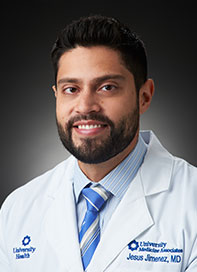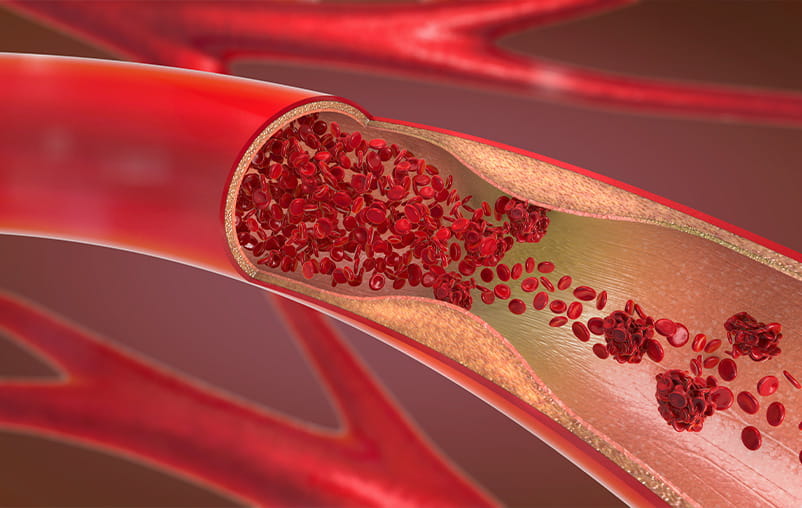Today is World Tuberculosis Day. Learn more about TB, an infectious disease caused by bacteria that attack the lungs.
How Is TB Spread?
There were 10.6 million cases of TB worldwide in 2021 – 7,882 of which were in the U.S. TB is spread through the air. When someone infected with TB coughs, for example, bacteria are released into the air and could be inhaled by a passerby. TB can also be spread by sneezing or through saliva.
What Are the Symptoms of TB?
The symptoms of TB can vary from person to person and may be mistaken as signs of other conditions. Symptoms of TB may include:
- Prolonged cough lasting weeks
- Chest pain
- Feeling tired and weak
- Loss of appetite
- Unintended weight loss
- Poor growth in children
- Fever
- Coughing up blood
- Night sweats
- Shortness of breath
- Back pain
Your health care provider can diagnose TB with a skin or blood test.
Can TB Be Fatal?
TB can be fatal if left untreated. According to the Centers for Disease Control and Prevention, there were 600 deaths attributed to TB in 2020 in the U.S. This is the highest number of TB-related deaths since 2006. But TB is very treatable.
How Do You Treat TB?
Health care providers will prescribe a course of antibiotics to eliminate the TB bacteria in the body. It’s important to treat TB to avoid complications, which could include:
- Lung damage
- Infection of the bones, spine, brain, spinal cord and lymph nodes
- Death
How Can I Protect Myself from TB?
You can protect yourself from being infected with TB by wearing a face mask around people with active TB. If you work in a setting where TB is more prevalent, you should get tested for TB more often.
TB tends to be more prevalent in certain settings, including:
- Hospitals
- Nursing homes
- Detention and correctional facilities
- Homeless shelters
Some people are at a higher risk of developing active TB, including:
- People with HIV infection
- People who became infected with TB bacteria in the last two years (latent TB infection)
- Babies and young children
- People who inject illegal drugs
- People who are sick with other diseases that weaken the immune system
- Elderly people
- People who were not treated correctly for TB in the past
If you are at a higher risk of developing active TB, speak with your health care provider about starting treatment.
Infectious Disease Care at University Health
The infectious disease specialists at University Health treat TB and many other common and rare diseases. Learn more about our infectious disease services on our website.





